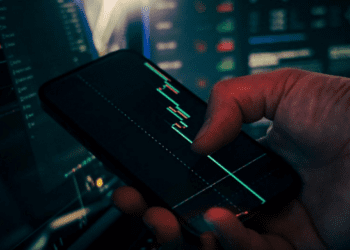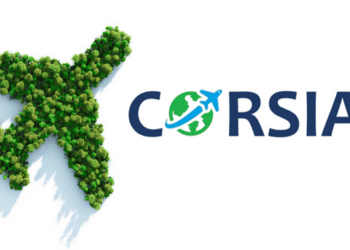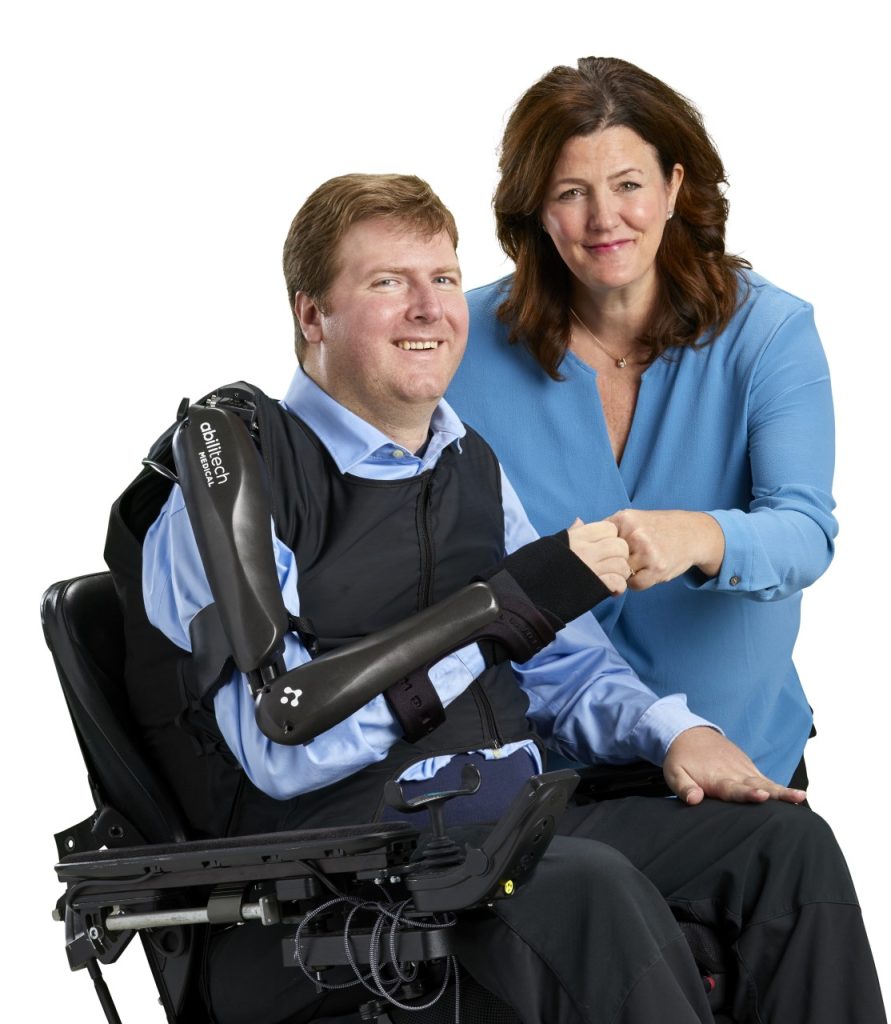 The Wheelchair for the Arms: Angie Conley has spent the majority of her life near medical devices and innovation — experience that’s consistently given her purpose and meaning.
The Wheelchair for the Arms: Angie Conley has spent the majority of her life near medical devices and innovation — experience that’s consistently given her purpose and meaning.
Growing up as the daughter of a prominent cardiologist, she learned the joy of helping others as she tagged along with her father on grand rounds. Years later, she joined Medtronic and worked on several different cardiovascular products, including pacemakers, defibrillators, heart valves, atherectomy and telemonitoring devices.
In 2016, Conley was introduced to a 3D-printed exoskeleton, powered by rubber bands, that helped children with rare medical conditions move their arms, sometimes for the first time ever. Watching the children’s eyes light up – and the tears of joy of their parents – was an incredible and moving experience. After studying this particular device and the barriers that prevented patients from wearing it, Conley founded Abilitech Medical and set out to build a new solution.
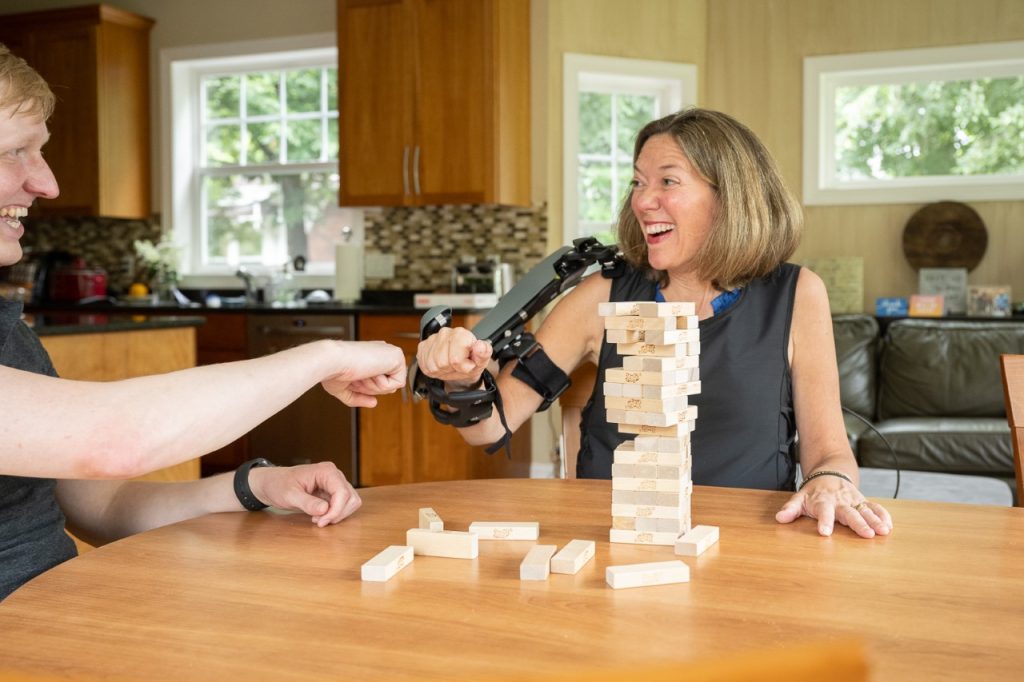 Abilitech Medical produces medical devices that at first glance seem straight out of science fiction — wearable technology that can revolutionize the lives of those who lack full use of their arms.
Abilitech Medical produces medical devices that at first glance seem straight out of science fiction — wearable technology that can revolutionize the lives of those who lack full use of their arms.
Developed for patients who have weak arms and live with ALS, Muscular Dystrophy, Multiple Sclerosis or Spinal Cord Injuries, the Abilitech™ Assist augments arm function to restore the ability to eat, drink and perform tasks of self-care without direct help from others — literally opening doors to newfound independence. In the not-so distant future, Abilitech will introduce its second product and expand its market reach to hundreds of thousands whose lives are affected by Brachial Plexus Injuries and Stroke.
Nearly a million people in the United States who live with weak arms are unable to independently perform “Activities of Daily Living.” Some are fortunate to have the help of a family member or a caregiver, relying on their help to eat, drink, brush their teeth and more. But there is a shortage of personal care attendants, and the need for ongoing support has forced many people from their homes into nursing homes.
Abilitech Medical, Inc. is solving this problem with a device patients call the ‘wheelchair for the arms.’ Founder and CEO Angie Conley and her team have built a first-in-class solution she believes will someday become standard of care.
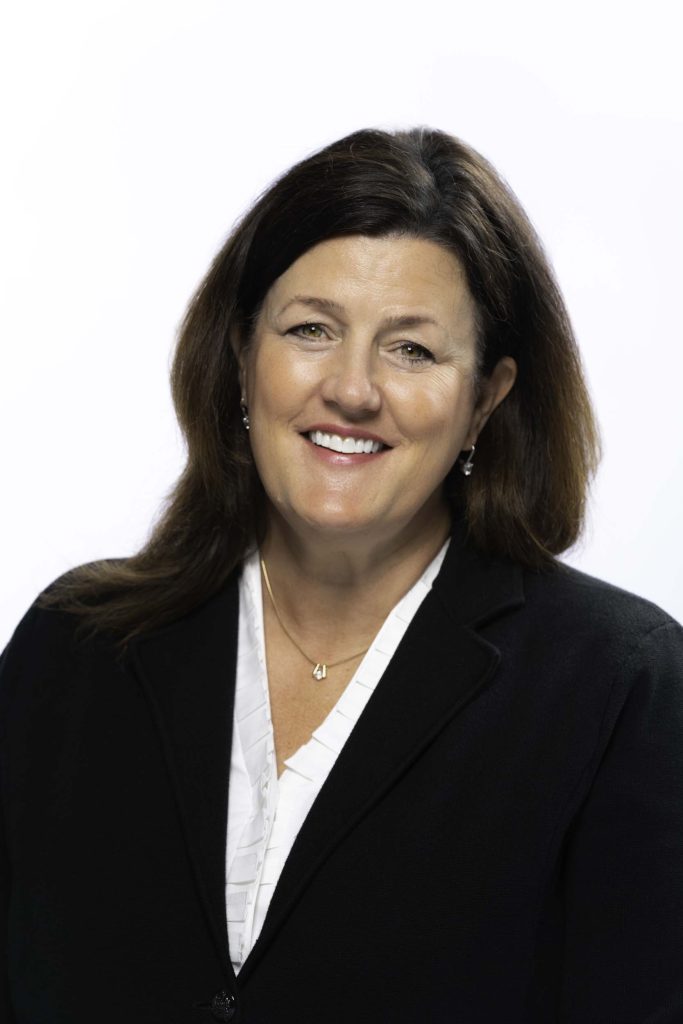 “We have an incredible impact on our patients — not only physically, but socially and economically,” said Conley. “The anatomical benefits we bring about can be immediately seen when people eat, drink or open doors, sometimes for the first time in years. But we also can decrease the burden on caregivers and help people engage more fully in their family and community. Economically, there can be a significant impact helping people defray costs of care, live in a lower cost environment and in some cases, remain at or return to work. There are also positive benefits to patients and their families.”
“We have an incredible impact on our patients — not only physically, but socially and economically,” said Conley. “The anatomical benefits we bring about can be immediately seen when people eat, drink or open doors, sometimes for the first time in years. But we also can decrease the burden on caregivers and help people engage more fully in their family and community. Economically, there can be a significant impact helping people defray costs of care, live in a lower cost environment and in some cases, remain at or return to work. There are also positive benefits to patients and their families.”
According to Cayden, a patient with Spinal Muscular Atrophy: “With the Abilitech Assist, I’m able to eat a meal with friends independently. I feel more like myself. I couldn’t do that without the device.”
What makes Abilitech’s Technology the “New Cutting Edge”?
The Abilitech Assist currently addresses a $2 billion market of people who use wheelchairs and live with neuromuscular weakness in their arms. In late 2024, Abilitech’s next generation device will address the potential market size up to $10 billion to include Brachial Plexus Injuries, Stroke and the many Muscular Dystrophy and Multiple Sclerosis patients that are able to walk. Future developments include plans to work with clinicians who are excited to explore the use of the technology to address challenges of upper body mobility experienced by people living with Parkinson’s and Rotator Cuff Injuries.
“This is not another heart valve or pacemaker,” Conley noted. “We’ve developed a first-in-class device that addresses an unmet need. Clinicians recognize the value of our product and have been incredibly supportive.”
Abilitech Medical, located in Minnesota’s medtech epicenter, is led by a team of industry veterans with 200+ years of collective medical device experience that includes five exits. The team has come together to develop this unique product with the support of many clinical partnerships including:
· University of Minnesota
· Gillette Children’s in Minneapolis
· Houston Methodist Hospital
· Texas Children’s Hospital
Family Office Investing Round
De Anna Guerriero of the Athlon Family Office has acquired a 49% equity share under an SPV as Abilitech’s lead investor family office. She has set out to raise up to $50 million to provide growth capital to support sales, post-market clinical studies, in-house manufacturing and the development of a next generation device that will allow the company to scale profitably worldwide. Abilitech’s investment potential resonated with Ms. Guerriero, who spent a couple of years in rehabilitation recovering after herniated discs from two back-to-back car accidents in the early 1990’s, then a bad fall in the mid 2000’s which caused a bone spur to protrude into her spinal cord.
“This investment is a compelling opportunity for investors to achieve long term investment goals for Family Offices who want to co-invest in a company that will make a significant social impact,” said Guerriero. “Someday I’ll tell my grandchildren that Athlon invested in ‘the wheelchair for the arms!’”



